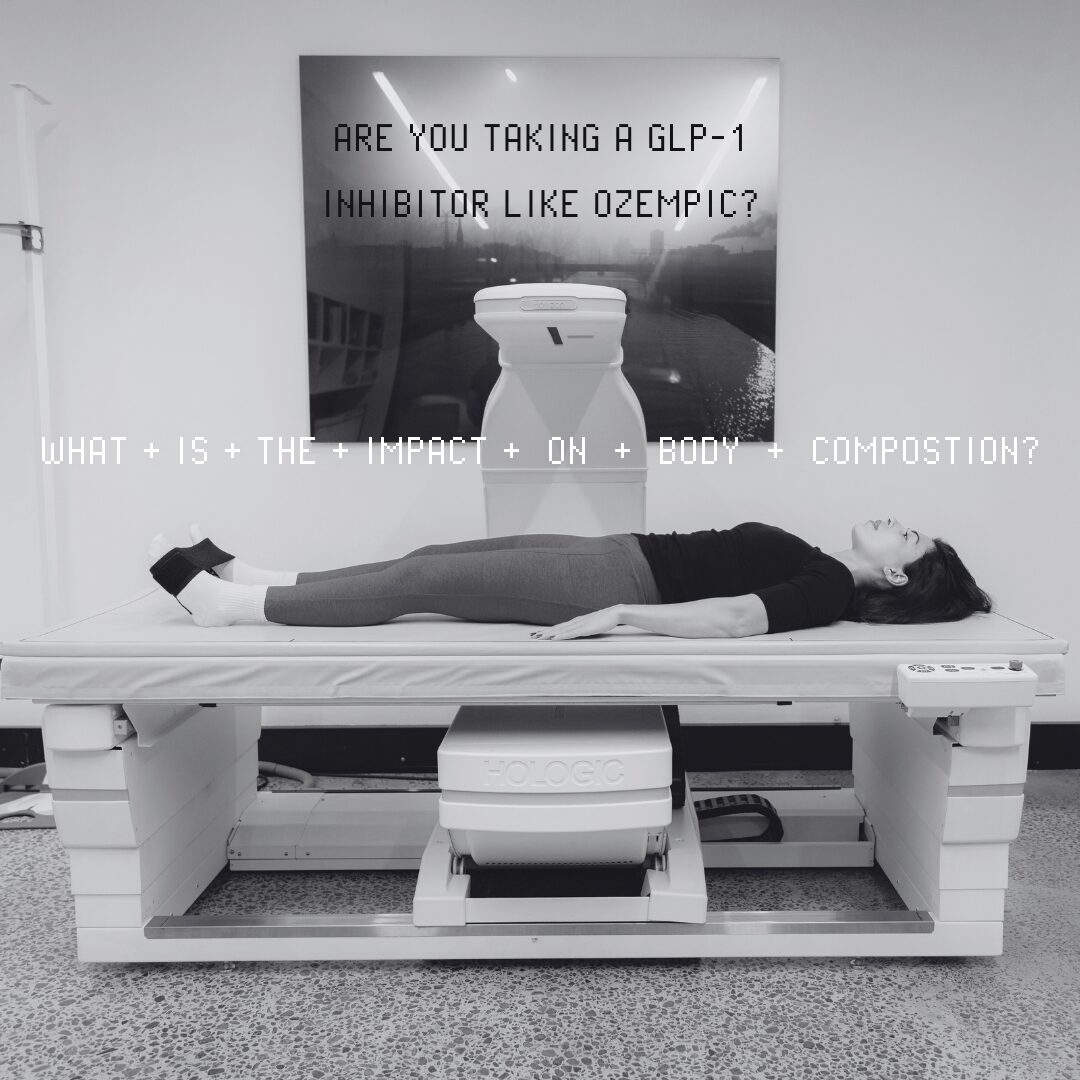The Role of Micronutrients in Recovery 🥦
In the realm of exercise science and sports performance, much attention is often given to macronutrients—proteins, carbohydrates, and fats. However, micronutrients, though required in smaller quantities, play a critical role in recovery processes after physical activity. These vitamins and minerals support energy metabolism, reduce oxidative stress, aid tissue repair, and help modulate inflammation, all of which contribute to optimal recovery and performance.
Why Micronutrients Matter for Recovery
Recovery is a multifactorial process involving the repair of damaged muscle tissue, replenishment of energy stores, and restoration of immune and hormonal balance. Inadequate recovery not only impairs performance but also increases the risk of overtraining and injury. Micronutrients act as essential cofactors for enzymatic reactions, signalling pathways, and antioxidant systems that govern these recovery mechanisms.
Key Micronutrients and Their Roles
1. Vitamin D
Vitamin D is involved in calcium homeostasis and muscle function. Deficiency has been linked to muscle weakness and an increased risk of injury. Studies show that adequate vitamin D status enhances muscle recovery and immune function, particularly in athletes undergoing intense training.
- Evidence: A randomised controlled trial demonstrated that vitamin D supplementation improved muscle recovery and reduced exercise-induced muscle damage in athletes with insufficient levels (Owens et al., 2015).
2. Magnesium
Magnesium is essential for muscle contraction, protein synthesis, and energy production. It also helps regulate the nervous system and has anti-inflammatory properties.
- Evidence: Athletes with low magnesium levels show impaired performance and slower recovery times. Supplementation may improve muscle oxygenation and reduce markers of muscle damage (Nielsen & Lukaski, 2006).
3. Iron
Iron is critical for oxygen transport and energy metabolism. Athletes, especially females and endurance athletes, are at risk of iron deficiency due to haemolysis, sweat loss, and gastrointestinal issues.
- Evidence: A 2020 systematic review confirmed that iron supplementation in iron-deficient individuals enhances aerobic performance and reduces fatigue during recovery (Burden et al., 2020).
4. Zinc
Zinc supports immune function, protein synthesis, and wound healing—key components of recovery. It also contributes to antioxidant defence systems.
- Evidence: Zinc deficiency has been associated with impaired immune responses and delayed wound healing. Supplementation may help maintain immune health in athletes undergoing heavy training loads (Krebs, 2000).
5. Vitamin C
Vitamin C is a potent antioxidant that helps neutralise free radicals generated during intense exercise. It also supports collagen synthesis, vital for connective tissue repair.
- Evidence: Studies indicate that vitamin C supplementation may reduce muscle soreness and promote connective tissue recovery (Bryer & Goldfarb, 2006). However, excessive antioxidant intake may blunt training adaptations, so balance is essential.
6. B-Group Vitamins
B vitamins, including B6, B12, thiamine, riboflavin, and niacin, are involved in energy metabolism, red blood cell production, and neurological function.
- Evidence: Inadequate intake can result in fatigue, reduced endurance, and slower recovery. Supplementing deficient individuals improves energy levels and reduces recovery time (Woolf & Manore, 2006).
Micronutrient Deficiencies in Active Individuals
Physically active people may have higher micronutrient requirements due to increased metabolic demand, sweat loss, and the need for tissue repair. Inadequate dietary intake, restricted eating patterns, or conditions like relative energy deficiency in sport (RED-S) can lead to suboptimal micronutrient status, impairing recovery and performance.
Regular dietary assessment and, where needed, targeted supplementation under professional guidance can help address these deficiencies. Whole food sources remain ideal, but supplements may be beneficial for those with increased needs or documented deficiencies.
Whole-Food Approach to Micronutrients
While supplementation can play a role, a nutrient-rich, whole-food diet is the foundation of optimal recovery. Foods like leafy greens, nuts, seeds, lean meats, dairy, legumes, and whole grains provide a broad spectrum of essential micronutrients. Pairing these with adequate hydration, sleep, and structured rest supports a holistic recovery strategy.
Conclusion
Micronutrients are often the unsung heroes of exercise recovery. Ensuring adequate intake of key vitamins and minerals such as vitamin D, magnesium, iron, zinc, vitamin C, and B-group vitamins can enhance recovery, reduce injury risk, and support sustained performance. Active individuals should prioritise a balanced diet rich in micronutrients and consider supplementation where clinically indicated. By doing so, they can maximise the benefits of their training and protect long-term health.
References:
- Owens, D. J., Sharples, A. P., Polydorou, I., Alwan, N., Donovan, T., Tang, J., … & Close, G. L. (2015). A systems-based investigation into vitamin D and skeletal muscle repair, regeneration, and hypertrophy. American Journal of Physiology-Endocrinology and Metabolism, 309(12), E1019–E1031. https://pubmed.ncbi.nlm.nih.gov/25833757/
- Nielsen, F. H., & Lukaski, H. C. (2006). Update on the relationship between magnesium and exercise. Magnesium Research, 19(3), 180–189. https://pubmed.ncbi.nlm.nih.gov/16772640/
- Burden, R. J., Pollock, N., Whyte, G. P., & Richards, T. (2020). The effect of iron supplementation on fatigue and physical performance in iron-deficient, non-anaemic athletes: A systematic review and meta-analysis. British Journal of Sports Medicine, 54(11), 648–656. https://pubmed.ncbi.nlm.nih.gov/32420974/
- Krebs, N. F. (2000). Overview of zinc absorption and excretion in the human gastrointestinal tract. Journal of Nutrition, 130(5S Suppl), 1374S–1377S. https://pubmed.ncbi.nlm.nih.gov/10799381/
- Bryer, S. C., & Goldfarb, A. H. (2006). Effect of high dose vitamin C supplementation on muscle soreness, damage, function, and oxidative stress to eccentric exercise. International Journal of Sport Nutrition and Exercise Metabolism, 16(3), 270–280. https://pubmed.ncbi.nlm.nih.gov/16869710/
- Woolf, K., & Manore, M. M. (2006). B-vitamins and exercise: Does exercise alter requirements? International Journal of Sport Nutrition and Exercise Metabolism, 16(5), 453–484. https://pubmed.ncbi.nlm.nih.gov/16581628/


